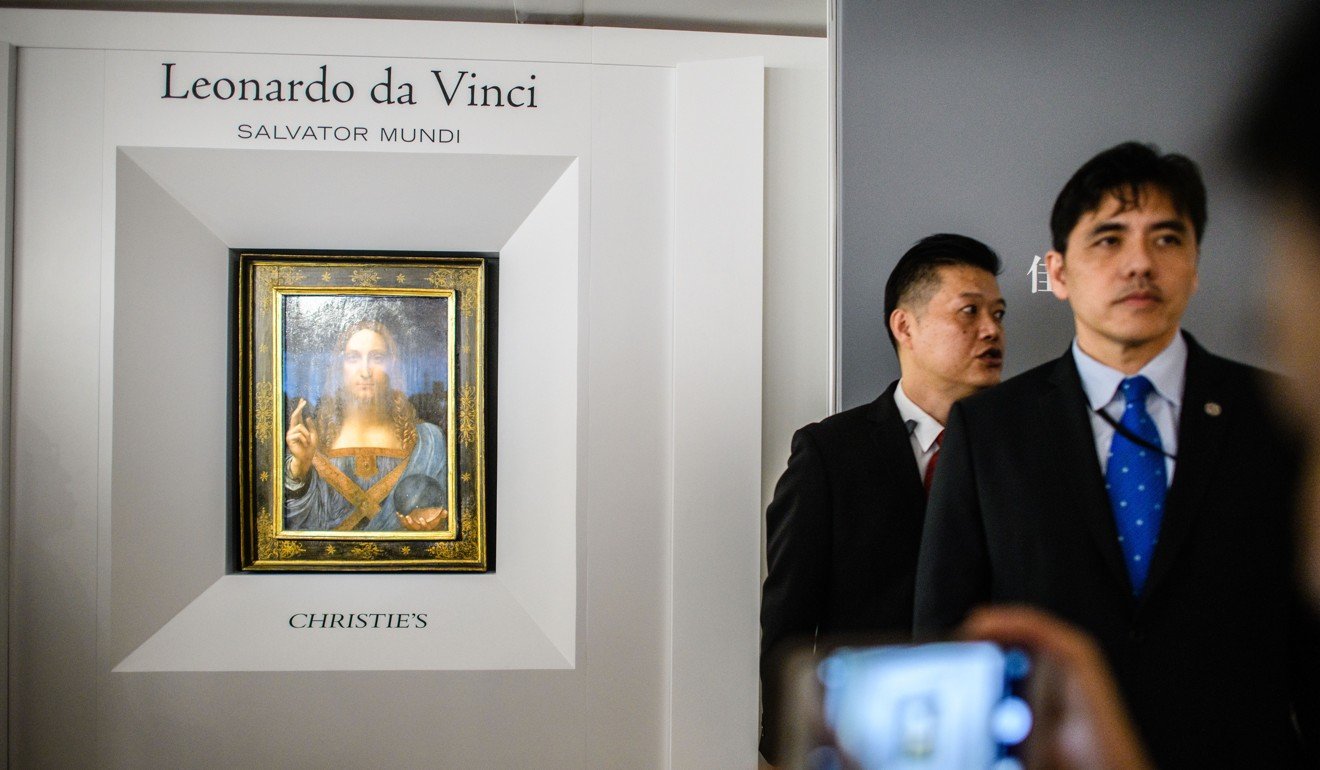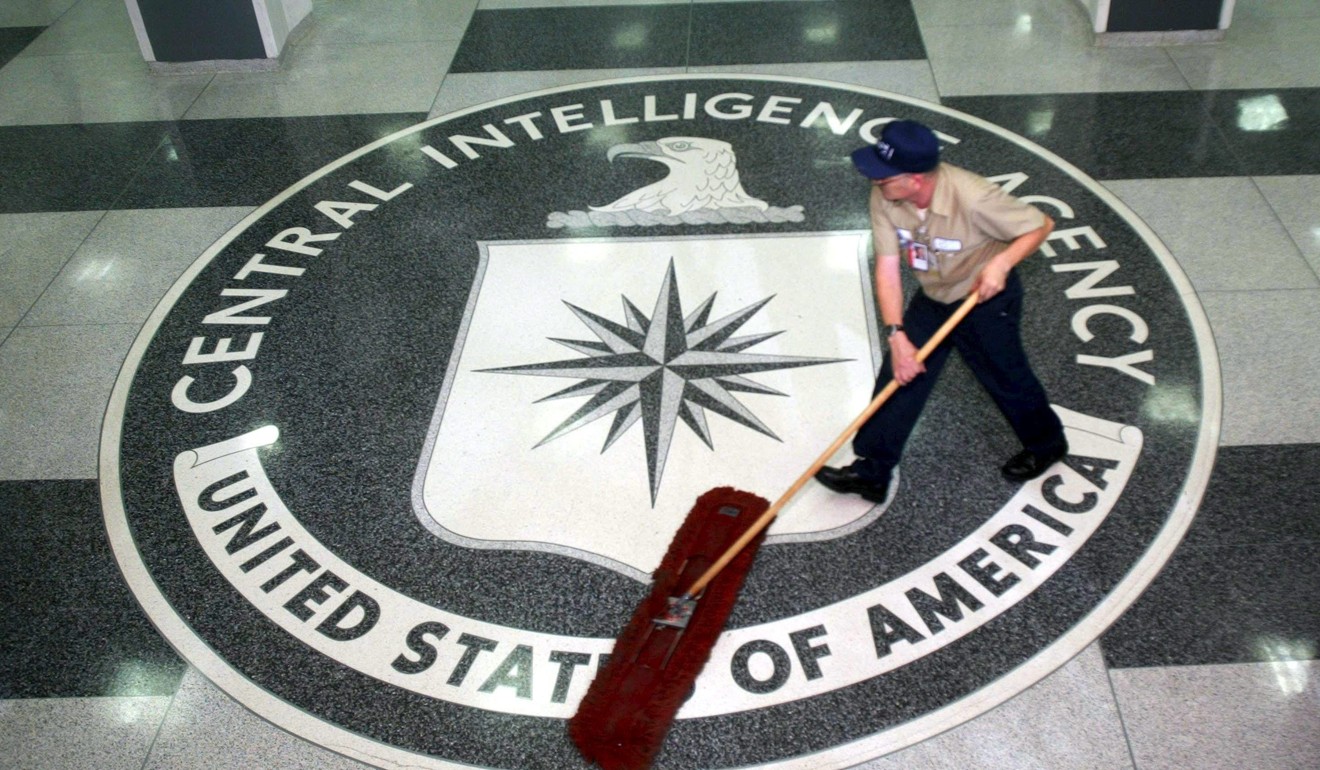
Ex-CIA officer Jerry Chun Shing Lee gets 19 years in prison for China spy conspiracy
- Prosecutors say Chinese intelligence officers paid Lee more than US$840,000
- Defence lawyers say the government never proved that the money came from China or that Lee ever carried out any plans to deliver government secrets
A former CIA case agent was sentenced Friday to 19 years in prison for an espionage conspiracy with China.
Jerry Chun Shing Lee, 55, was sentenced in federal court in Alexandria, Virginia, after filing a plea of guilty earlier this year.
He pleaded guilty to conspiracy to commit espionage, but prosecutors and defence lawyers disagreed about the extent of the crime.
Prosecutors said that Chinese intelligence officers paid Lee more than US$840,000 and that Lee likely gave them all the information he had from a 13-year career as a CIA case officer. The prosecutors sought a prison term of more than 20 years.
China wants to ‘take over’ Australian politics, former spy chief warns
Defence lawyers said that the government never proved that the money came from China or that Lee ever carried out any plans to deliver government secrets.
The sentence was significantly longer than the 10 years sought by Lee’s defence attorneys.
Lee’s lawyers disputed that their client’s conduct was anywhere near as severe as the government described. They noted that Lee admitted as part of his plea bargain that he agreed to engage in an espionage conspiracy with China, but that he never admitted actually divulging any secrets.
Everything he knew would have been highly valuable to the PRC
“What the government is describing is their worst possible nightmare,” said defence lawyer Nina Ginsberg.
Prosecutors acknowledged they had no direct evidence to prove what was transmitted, nor proof that the US$840,000 in cash that Lee deposited into his bank account over a three-year period came from China.
But they said that Lee was never able to come up with a good explanation for where he got the cash. He ran a tobacco business in Hong Kong, but it was essentially a failure, prosecutors said.
“The only logical conclusion,” said assistant US Attorney Neil Hammerstrom, is that Chinese intelligence “must have been getting top-drawer, high quality (information) from this defendant”.

Prosecutor Adam Small said that the government believes Lee turned over information that was found in a notebook and a thumb drive in his possession as part of the government’s investigation. That information included the names of eight Central Intelligence Agency clandestine human sources, Small contended – people Lee himself recruited and handled in his years as a CIA case agent from 1994 to 2007.
Small said the Chinese intelligence officers who met with Lee also gave him more than 20 “taskings” in which they sought details of CIA spycraft, like how agents communicate with sources and maintain their cover.
“Everything he knew would have been highly valuable to the PRC,” Small said.
Ginsberg, though, said there was no evidence that any of the sources who were identified in Lee’s notebook were harmed or compromised in any way.
Japanese ‘spy’ detained in China allowed to return home
“I dare to say the government would certainly know if their agents had been exposed,” Ginsberg said.
Small countered that the risk of harm from Lee’s conduct was grave, even if no actual harm occurred.
“Whether something has or has not occurred is in some ways irrelevant,” he said.

The biggest clue to the depth of Lee’s betrayal, prosecutors argued, was the amount of money they say he received. The US$840,000 dwarfs the amounts that other spies have received. Prosecutors pointed to the recent case of Kevin Mallory, a former CIA officer who was sentenced to 20 years in prison for disclosing secrets to China in exchange for just $25,000.
Lee, for his part, apologised for his actions.
“I take full responsibility for my conduct,” said Lee, a naturalised US citizen who immigrated to Hawaii from Hong Kong with his family when he was 15.

